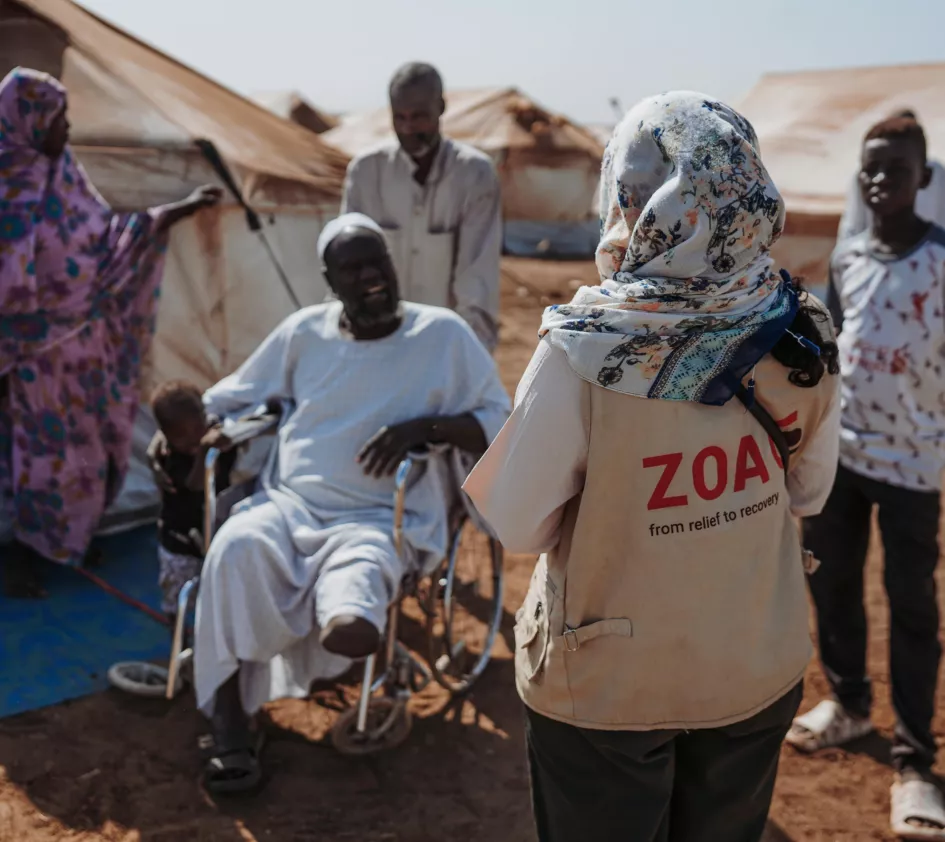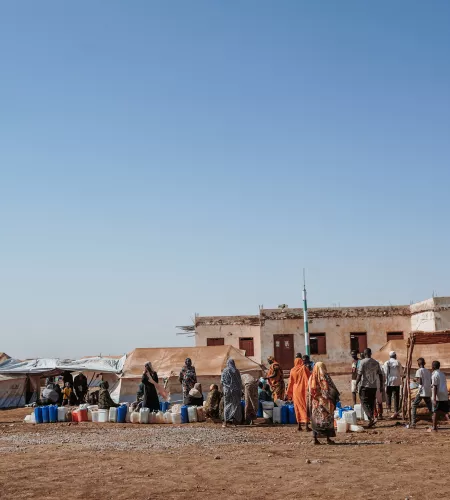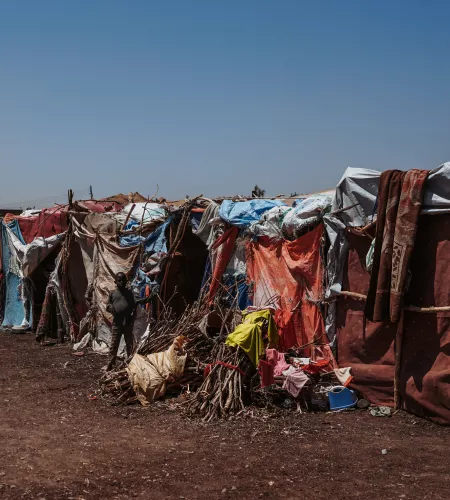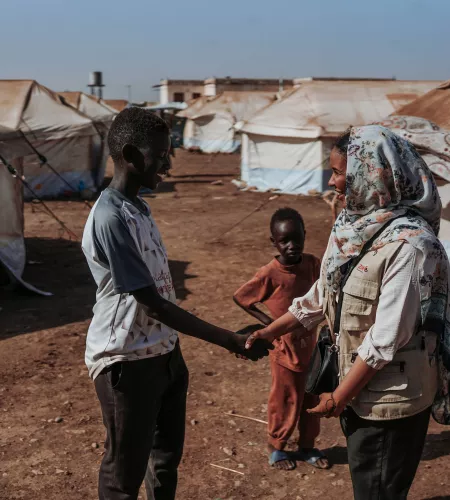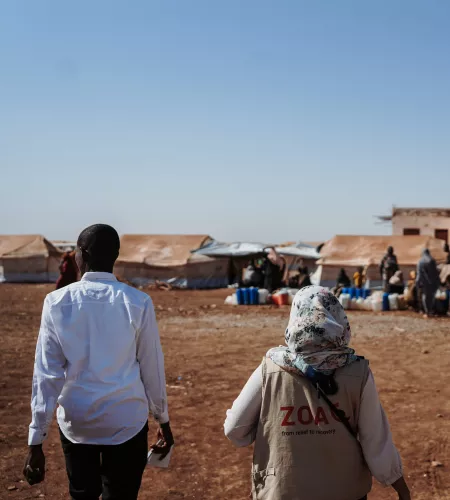Famine
There is a shortage of everything: food, healthcare, water, electricity, hygiene, and sanitary facilities. Over 25.6 million people in Sudan are uncertain if they will have something to eat tomorrow; 8.5 million of them are on the brink of acute famine.

